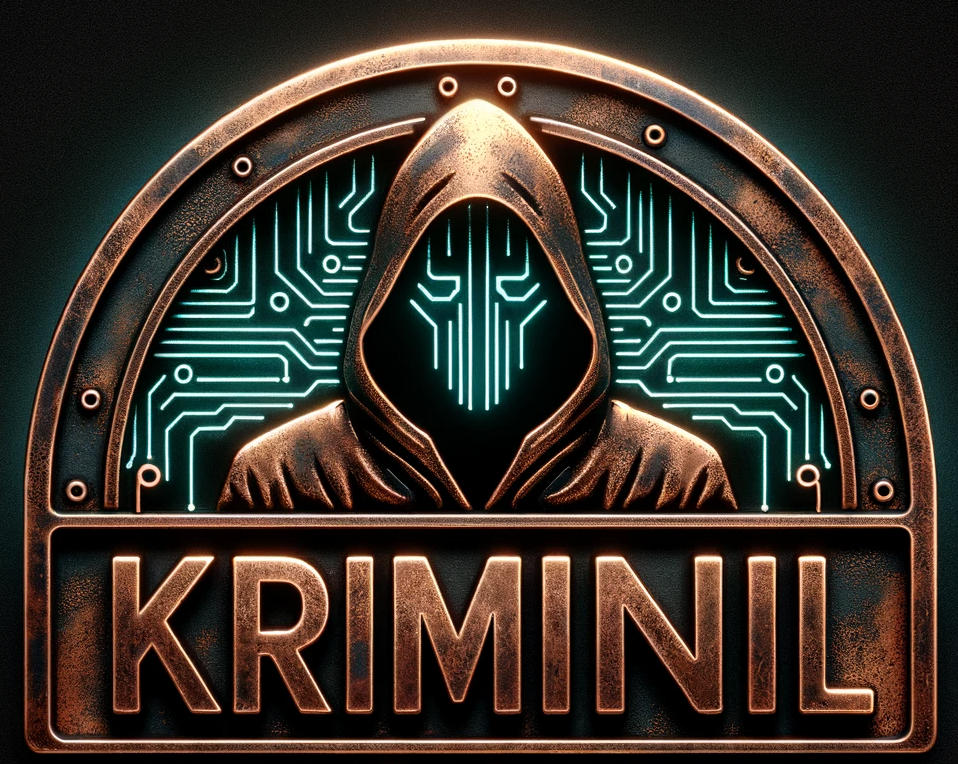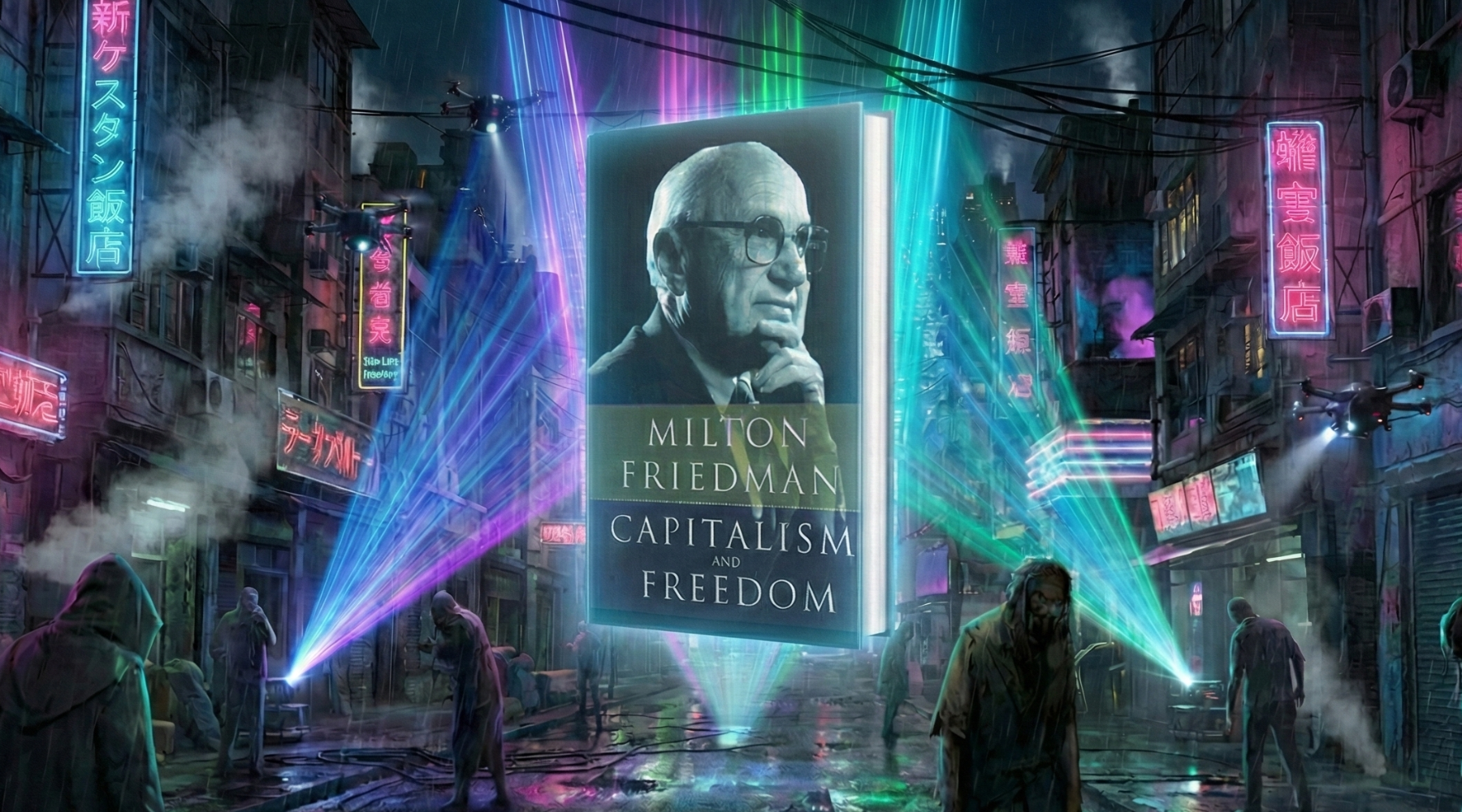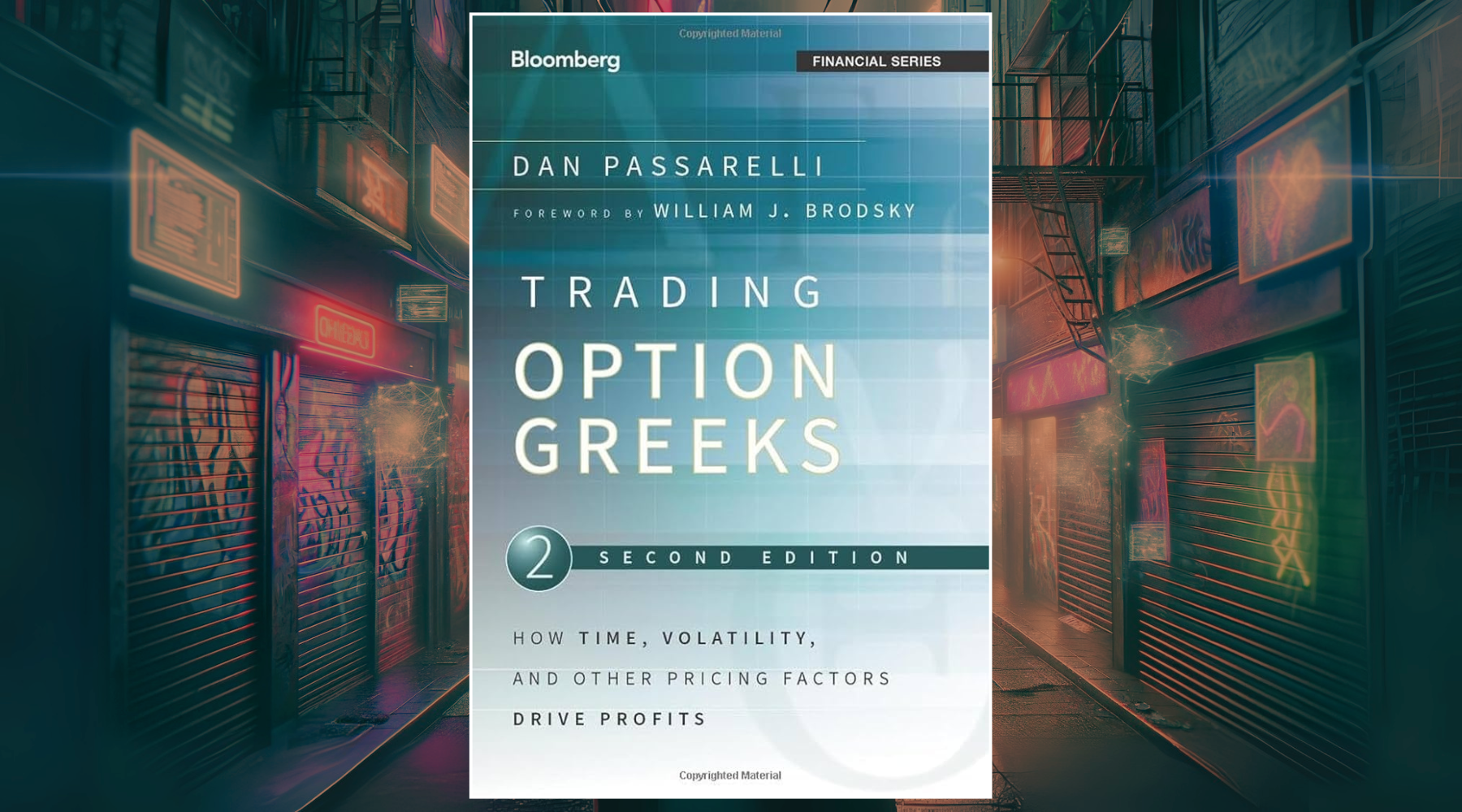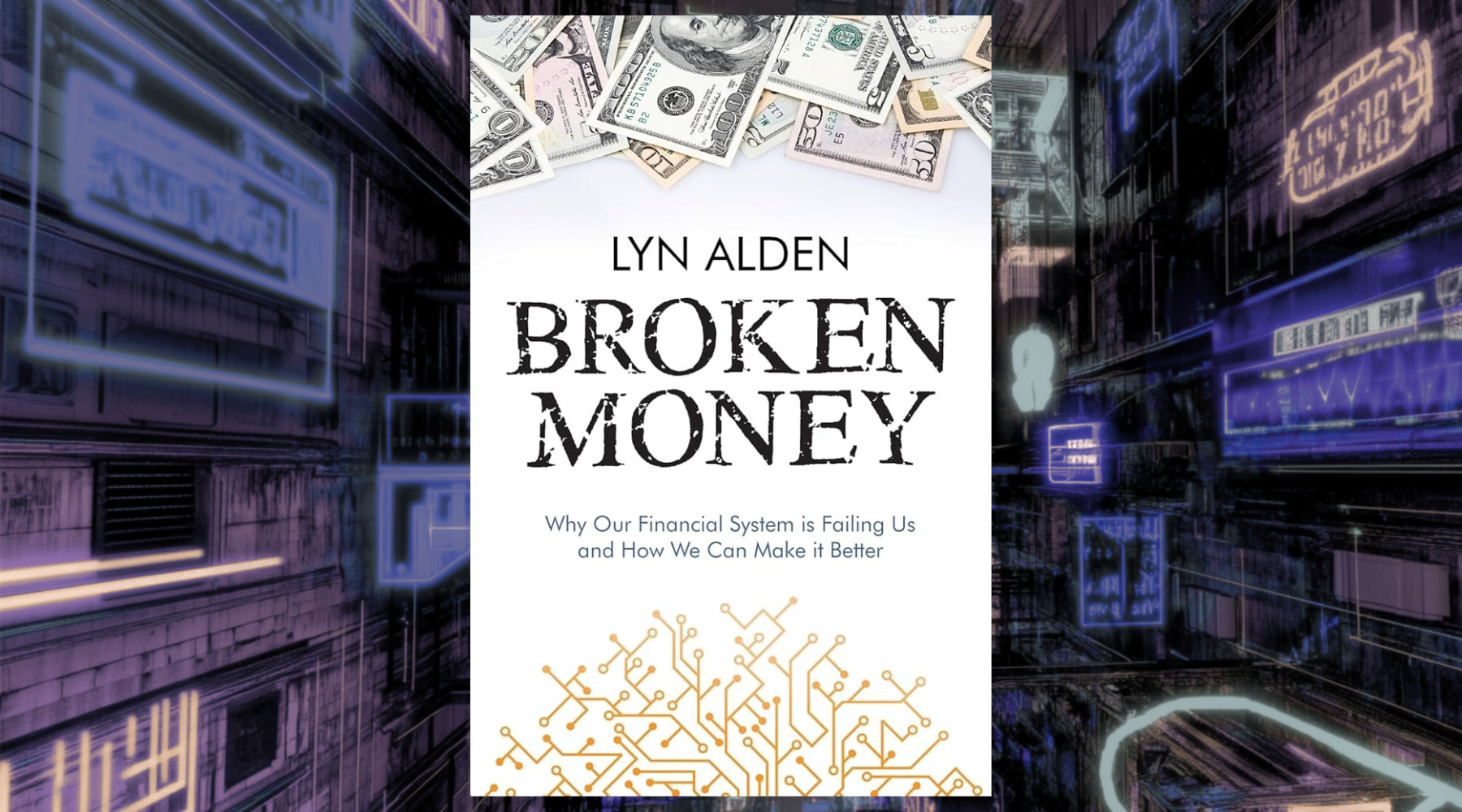Chip War, by Chris Miller
Book Summary & Review
This book was such a great introduction to semiconductors and the chip industry as well as the history behind it all. It opened my eyes to how important this industry really is. I thought this book would be over my head because I’m not a huge tech guy, but it’s not that complicated when it discusses the actual science and physics involved.
The book focuses more on the history of the industry and how we got to where we are today with semiconductors. After reading this, you’ll have a better understanding of the ongoing issues over Taiwan, while also gaining a grasp on how important it is for countries to be dominant in this industry.
Here’s a short summary of the book that I’ll try to keep in chronological order
Introduction and History of the Semiconductor Industry
Microchips are essential parts of our modern world, powering everything from smartphones to military equipment. Just like oil was crucial in the 20th century, semiconductors are now a key resource that drives technology and innovation.
The semiconductor industry began in the 1950s in Silicon Valley, with pioneers like William Shockley, John Bardeen, and Walter Brattain inventing the transistor at Bell Labs in 1947. Companies like Texas Instruments and Intel led the way in developing microchips. Gordon Moore, co-founder of Intel, famously predicted in 1965 that the number of transistors on a chip would double every two years, a principle known as Moore's Law.
Throughout the book, the author highlights the contributions of key figures like Bob Noyce, another co-founder of Intel and co-founder of Fairchild Semiconductor, who along with Jack Kilby invented the integrated circuit in 1958. Andy Grove, Intel's most important CEO, is also mentioned for his role in efficiently managing the company's growth.

Geopolitical Context
During the Cold War, countries raced to develop better technology as a way to gain military advantages. Advances in semiconductors became important for national security, with nations investing heavily to outpace each other in tech development.
"The Soviet Union's rockets were as powerful as ever. It had the world's largest nuclear arsenal. But its semiconductor production couldn't keep up, its computer industry fell behind, its communications and surveillance technologies lagged, and the military consequences were disastrous... The Cold War was over; Silicon Valley had won."~ Chris Miller, Chip War
In the 1980s, Japan became a strong competitor in the semiconductor market, challenging U.S. companies. Soon after, countries like Taiwan and South Korea built their own successful chip manufacturing industries, with Taiwan's TSMC becoming a leader thanks to government support and investment.
Chip War: The Fight for the World's Most Critical Technology
Chris Miller's compelling analysis of the global semiconductor industry and its geopolitical implications. Explore how computer chips became the world's most critical technology, driving everything from smartphones to military systems, and why control over chip manufacturing has become a key battleground for global supremacy.
View on AmazonToday, the competition between the United States and China is intense in the semiconductor field. China aims to become self-sufficient in chip production, while the U.S. tries to keep its technological edge through trade restrictions and investments. Taiwan's TSMC plays a central role in this rivalry.
Semiconductors are now vital for national security and economic strength. Control over chip production can influence global trade and technology leadership. Issues like intellectual property disputes and government funding are important factors in this competitive landscape.

Future Outlook
The book ends with a look at what might happen next in the semiconductor industry. Challenges include managing complex supply chains and dealing with geopolitical tensions, especially between China-Taiwan-USA. The future of technology and global power is going to be heavily influenced by advancements in semiconductors.
"China's military modernization has closed the gap between the two superpowers' militaries, especially in the contested waters off China's coast. Taiwan isn't simply the source of the advanced chips that both countries' militaries are betting on. It's also the most likely future battleground."~ Chris Miller, Chip War
I believe this book is important for quite a few different reasons.
- Markets - As a trader or investor, the chip industry has become a central role in the economy and has major impacts on the stock market
- Politics - Dominance over this industry will give our government the upper hand on any foreign politics
- War - Microchips can literally be the defining edge in a battle with highly sophisticated weapons.
- Life - Chips are in everything nowadays. Washing machines, vehicles, phones, and even kids toys.
Fun Quote: "Because vacuum tubes glowed like lightbulbs, they attracted insects, requiring regular "debugging" by their engineers."
If you made it this far, I’d recommend checking out my review and summary of The Bitcoin Standard book. Bitcoin is playing a major role in the computer processing technology and race right now. Understanding bitcoin will help you gain an edge on understanding the entire semiconductor industry.










Leave a comment
This site is protected by hCaptcha and the hCaptcha Privacy Policy and Terms of Service apply.